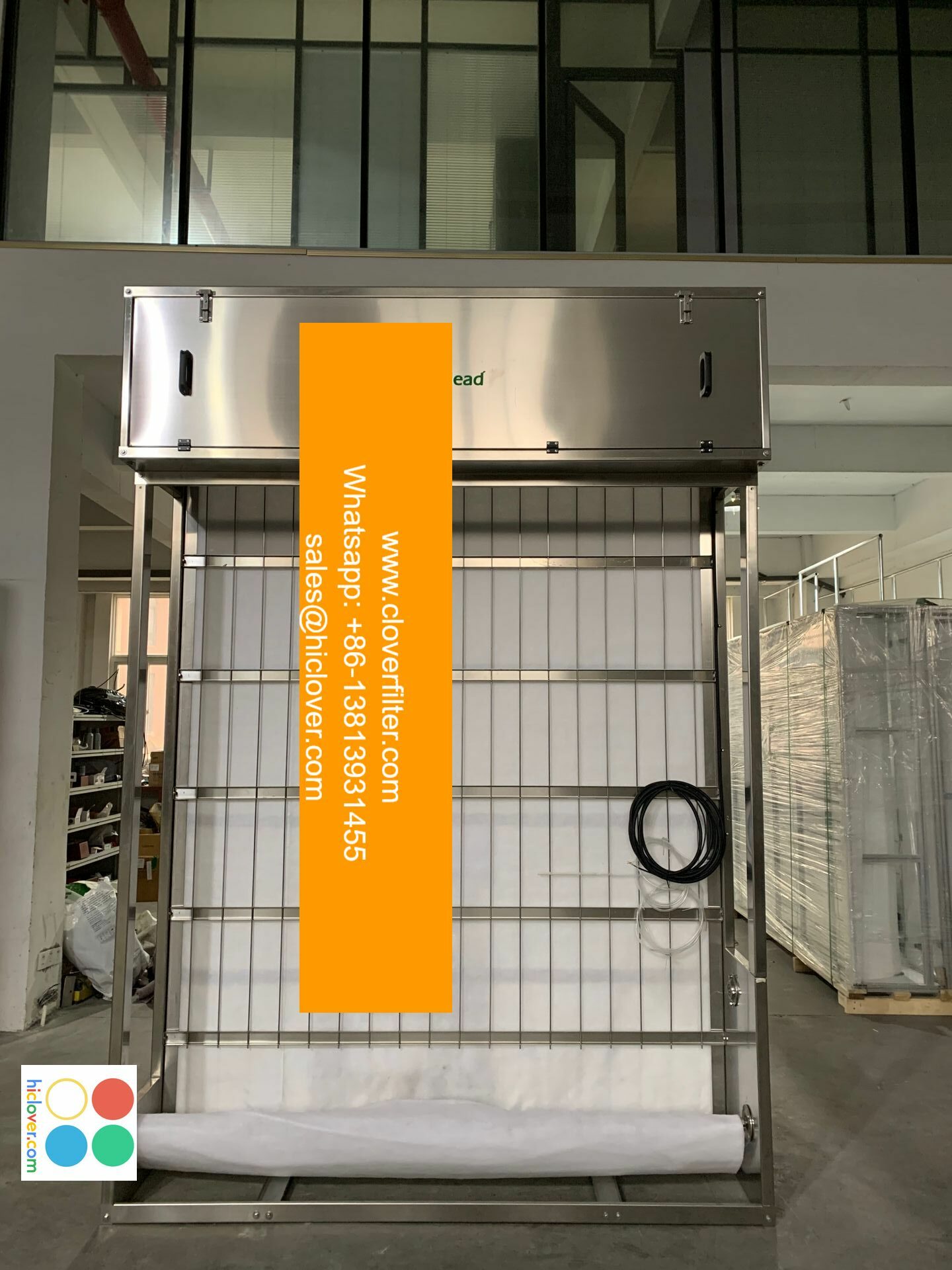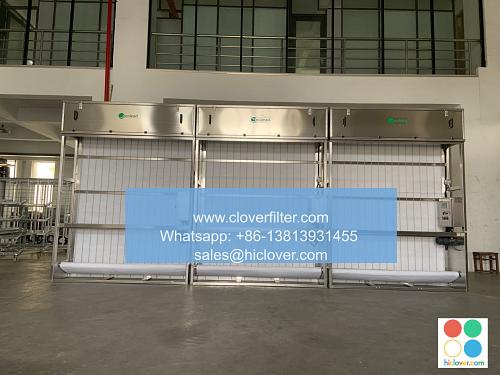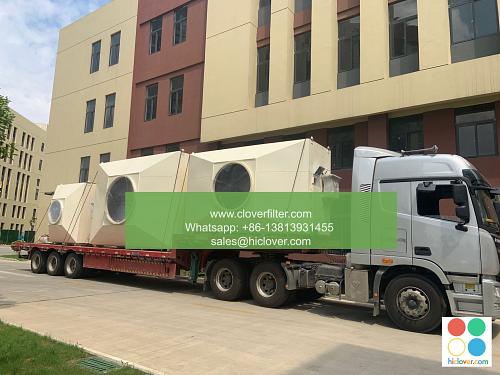Understanding Smart Air Filters and Their Terms and Conditions

Understanding Smart Air Filters: A Guide to Their Terms and Conditions
What are Smart Air Filters?
Smart air filters are advanced air filtration systems that use software and sensors to monitor and control the air quality in a given space. They are designed to detect and eliminate pollutants, allergens, and other contaminants from the air, providing a healthier and more comfortable living or working environment. In this article, we will delve into the world of smart air filters, exploring their terms and conditions, application areas, and the benefits they offer.
How do Smart Air Filters Work?
Smart air filters use advanced technologies such as Hercules Micro-Particle CADR, Membrane-coated filters, and Photocatalytic technology to remove impurities from the air. These filters are equipped with sensors that continuously monitor the air quality and adjust their settings accordingly to optimize performance. They can also be controlled remotely through mobile apps, allowing users to adjust the filter’s settings, receive maintenance reminders, and monitor air quality in real-time.
Types of Smart Air Filters
There are several types of smart air filters available, each designed for specific applications and environments. Some of the most common types include:
- Smart desktop filters: Designed for use in small areas such as offices or residences, these filters are compact and easy to install.
- Smart whole-house filters: Designed for use in larger residential or commercial spaces, these filters are more powerful and can serve entire homes or buildings.
- Smart portable filters: Ideal for use in areas with unique air quality challenges, such as hospitals, dental clinics, or laboratories, these filters are highly portable and adaptable.
- Smart industrial filters: Designed for use in industrial settings, these filters are built to withstand heavy use and harsh conditions.
Key Features of Smart Air Filters
Smart air filters offer several key features that set them apart from traditional air filters. Some of the most notable features include:
- Remote monitoring and control: Smart air filters can be controlled and monitored remotely, allowing users to adjust settings and receive alerts and notifications.
- Advanced particle detection: Smart air filters use advanced sensors to detect and remove even the smallest airborne particles, including dust, pollen, and pet dander.
- Energy efficiency: Smart air filters are designed to be energy-efficient, using less power than traditional air filters while still providing superior air quality.
- Low maintenance: Smart air filters are designed to be low maintenance, with easy replacement and cleaning procedures.
Applications of Smart Air Filters
Smart air filters have a wide range of applications, including:
- Residential use: Smart air filters can improve indoor air quality in homes, offices, and apartments, reducing allergens, odors, and other pollutants.
- Commercial use: Smart air filters can be used in offices, restaurants, hospitals, and other commercial settings to improve air quality and reduce energy costs.
- Industrial use: Smart air filters can be used in industries such as manufacturing, healthcare, and education to improve air quality and reduce the risk of airborne contamination.
- Healthcare facilities: Smart air filters can be used in healthcare facilities to improve air quality and reduce the risk of hospital-acquired infections.
Conclusion
In conclusion, smart air filters are a powerful tool for improving indoor air quality and reducing the risk of airborne pollutants. With their advanced technologies, remote monitoring and control capabilities, and low maintenance requirements, smart air filters are an attractive option for anyone looking to improve their indoor air quality. Whether used in a residential or commercial setting, smart air filters are an important investment in the health and well-being of occupants.
I’m excited to help! What’s the prompt you’d like me to respond to?


